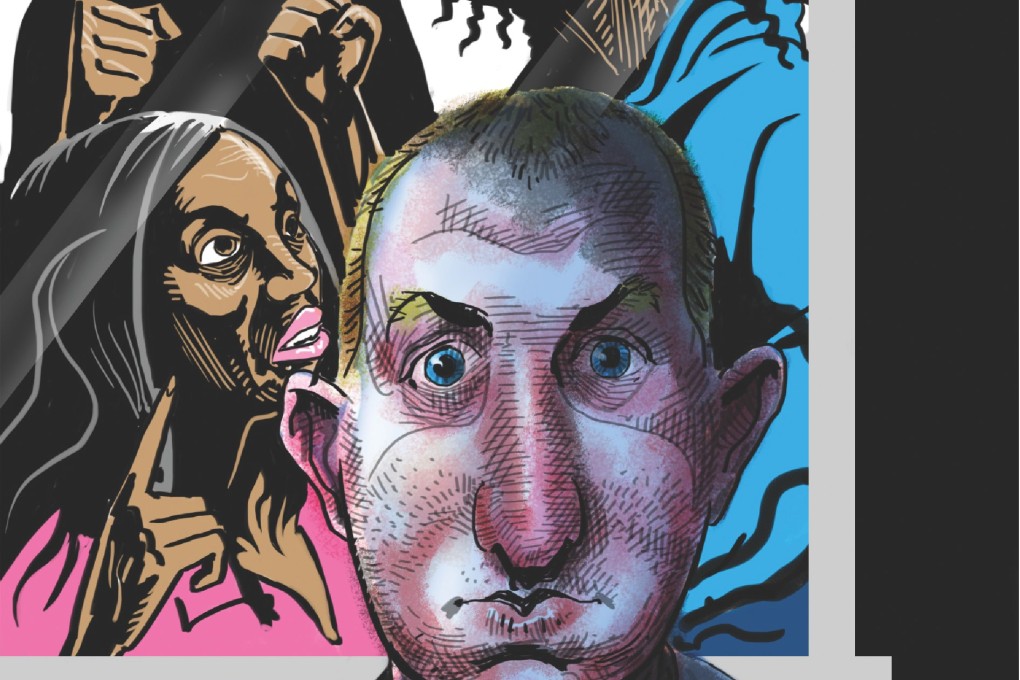The secret life of Darren Wilson, a police officer in the firing line
The US policeman who shot dead an unarmed black teen managed to stay out of the public gaze until after he was cleared by a grand jury

Darren Wilson was mowing his lawn on August 19 - just 10 days after he had shot dead unarmed black teenager Michael Brown in Ferguson, Missouri - when he got a call telling him that his address was popping up in online reports. He quickly packed up his belongings and moved in with a relative, somebody who didn't have the same last name. By nightfall, the media were outside the house.

Wilson's four-person legal team spoke this week about their strategies during his 31/2 months in hiding from which Wilson emerged facing no criminal charges, but also contending with a lost career and reputation. The controversial grand jury decision sparked violent, racially charged riots in Ferguson, as well as arson and looting. Scores of sympathy protests took place across the US from Los Angeles to New York and even reached London, England.
Wilson's lawyers said their client, who'd become a "poster child for bad race relations"," was behind the scenes the perfect legal weapon. He stayed silent publicly, and when he spoke to investigators and jurors, his version of events was consistent.
They also described a period of life on the run in which Wilson, 28, bounced from house to house but rarely went out in public. There was only one exception. He did get married to Barbara Spradling, a fellow police officer, obtaining a marriage license in Clayton, Missouri.
One lawyer, Neil Bruntrager, said that Wilson used "certain tricks" he'd learned as a police officer to go out incognito, without specifying what they were. He preferred going to movies because of the darkness.In the first weeks after the shooting, Wilson still hoped that he'd be able to reclaim his job as an officer. Though the Ferguson Police Department has not yet officially determined Wilson's future, the decision made little difference, his lawyers said. He won't be returning to that department or any other.